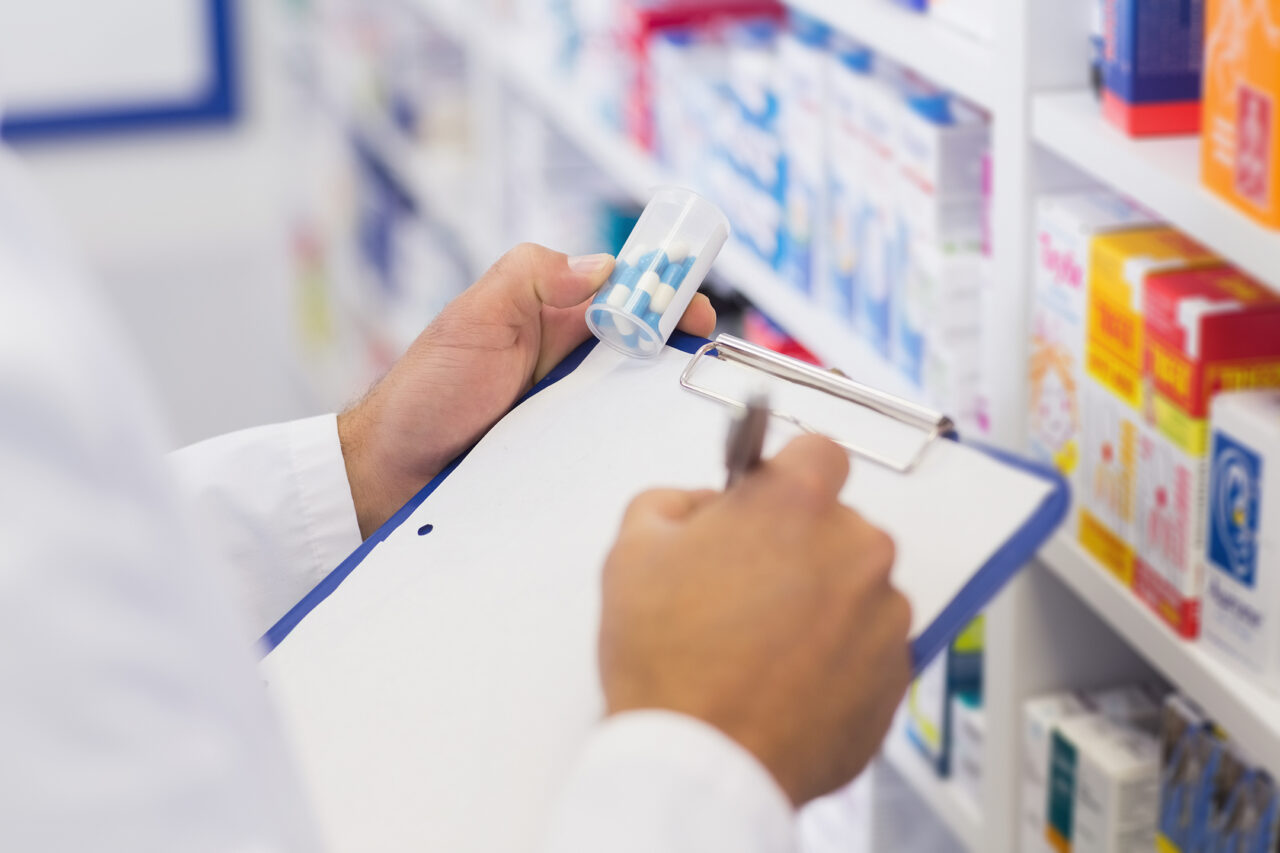

As we move through 2021, hospitals and health systems remain on the front lines of the COVID-19 pandemic. For the foreseeable future, hospitals will not only take on a large role in vaccinating the public but also must continue to be able to treat both COVID-19 and non-COVID-19 patients, with the flexibility to manage and adapt to surges in the virus.
Simultaneously, hospitals must develop strategies that reduce costs while continuing to provide quality care to meet the immediate needs of patients and health care providers.
Although looking forward to recovery when the fight is still raging is challenging, pharmacy leaders can contribute to hospital recovery by focusing on the following: prioritizing tighter operational efficiencies; preparing for financial recovery; and expanding patient care to capture new revenue opportunities and improve the cost and quality of care across the health system.
Warning: Undefined variable $posClass in /home1/mjhnewsc/public_html/wp-content/plugins/ap-plugin-scripteo/lib/functions.php on line 1078
Tighten Efficiencies
COVID-19 has caused significant financial strain on the health care industry. The American Hospital Association (AHA) estimated a financial impact of more than $323.1 billion in losses for America’s hospitals and health systems in 2020. Rebounding from such losses will require hospitals to work closely with their business partners, including pharmaceutical distributors, to remove external inefficiencies in the supply chain and streamline internal operations.
Warning: Undefined variable $posClass in /home1/mjhnewsc/public_html/wp-content/plugins/ap-plugin-scripteo/lib/functions.php on line 1078
The pharmaceutical supply chain, while always central to health care, will play an even more crucial role as the pandemic continues to threaten the financial viability of hospitals and health systems, large and small. A distributor should add value to a hospital pharmacy’s operations, which can be evaluated in terms of minutes and dollars saved, access to products when needed, and managing its own logistical effectiveness.
Leveraging technology and process consulting, hospitals can reduce complexity and costs through solutions such as just-in-time inventory management, accurate tracking of drug use and prices, and an online ordering platform to place and track orders. With solid platforms and processes in place, hospitals can begin to:
Warning: Undefined variable $posClass in /home1/mjhnewsc/public_html/wp-content/plugins/ap-plugin-scripteo/lib/functions.php on line 1078
Achieve improved visibility into the supply chain, backed by analytics to influence decisions that directly impact the continuum of care.
Streamline inventory management to easily compare items against purchase orders, monitor expiration dates, trigger reorders, and reduce waste related to poor inventory control.
Accommodate the growing trend toward value-based reimbursement models, which emphasize factors such as minimizing readmissions and focusing on preventive care.
Manage supplier relationships and product offerings more effectively through advanced analytics that cross-reference pricing, terms, and more.
Recover Financially
Although the AHA’s projected losses to hospitals and health systems in 2020 are staggering, the economic impact of the pandemic is not limited to the costs associated with treating COVID-19 patients. The financial strain also involves a dramatic reduction of non-COVID-19 patient volumes and the significant potential for uncompensated care as unemployment increases the number of patients without employer-provided insurance.
Hospitals and health systems have reported average declines of 19.5% in inpatient volume and 34.5% in outpatient volume during the pandemic.1 At the same time, COVID-19 related unemployment has resulted in widespread loss of health insurance, with one study suggesting that there could be an increase of more than 15 million uninsured Americans.
As the number of uninsured and underinsured grows and many are forced to seek hospital care, hospitals will incur higher uncompensated care costs to treat these individuals.
Hospitals must use all available financial and medication assistance programs to support patients who need help as well as prepare for their own financial health and recovery. Patient assistance programs (PAP) and recovery programs are critical methods pharmacies can use to not only generate but also safeguard revenue.
McKesson’s revenue recovery service can help by identifying hidden revenue and developing a customized action plan to improve cash collections. This includes analyzing drug reimbursement by the payer and identifying gaps in payment, reviewing payers’ claims, and delivering validated findings to assist in claim reprocessing and reimbursement collection.
Expand Patient Care
As hospital leaders look to minimize financial impact, they must innovate to stay competitive. For example, specialty pharmacy has been a top trend for the past several years as utilization and drug spend have dramatically increased, prompting health systems to establish their own specialty pharmacy or expand their existing capabilities.
Although this brings a positive impact on the health systems’ quality and continuity of care initiatives, the administration of specialty drugs is challenging and highly complex given the number of new therapies and payer requirements.
Advanced analytics can help health system pharmacies explore new clinical services as well as extend existing operations to outpatient oncology as well as specialty clinics, physician clinics, long-term care, and retail settings. This provides health systems the opportunity to generate new revenue and offer an end-to-end solution for improving community health.
Drive Recovery Through Innovation
The year 2020 was unlike no other, posing unprecedented challenges to meet the staggering demand for patient care and the financial impact on hospitals and health systems. Pharmacy leaders cannot forget the lessons learned from the pandemic.
It became obvious in the early stages that business as usual pharmaceutical distribution and care models were not effective. Hospitals and distributors had to take proactive steps to find innovative ways of meeting these challenges.
That type of innovation must continue to stabilize the supply chain in order to drive financial recovery and ensure quality patient care.
Reference
Hospitals and Health Systems Continue to Face Unprecedented Financial Challenges due to COVID-19, American Hospital Association, June 2020


